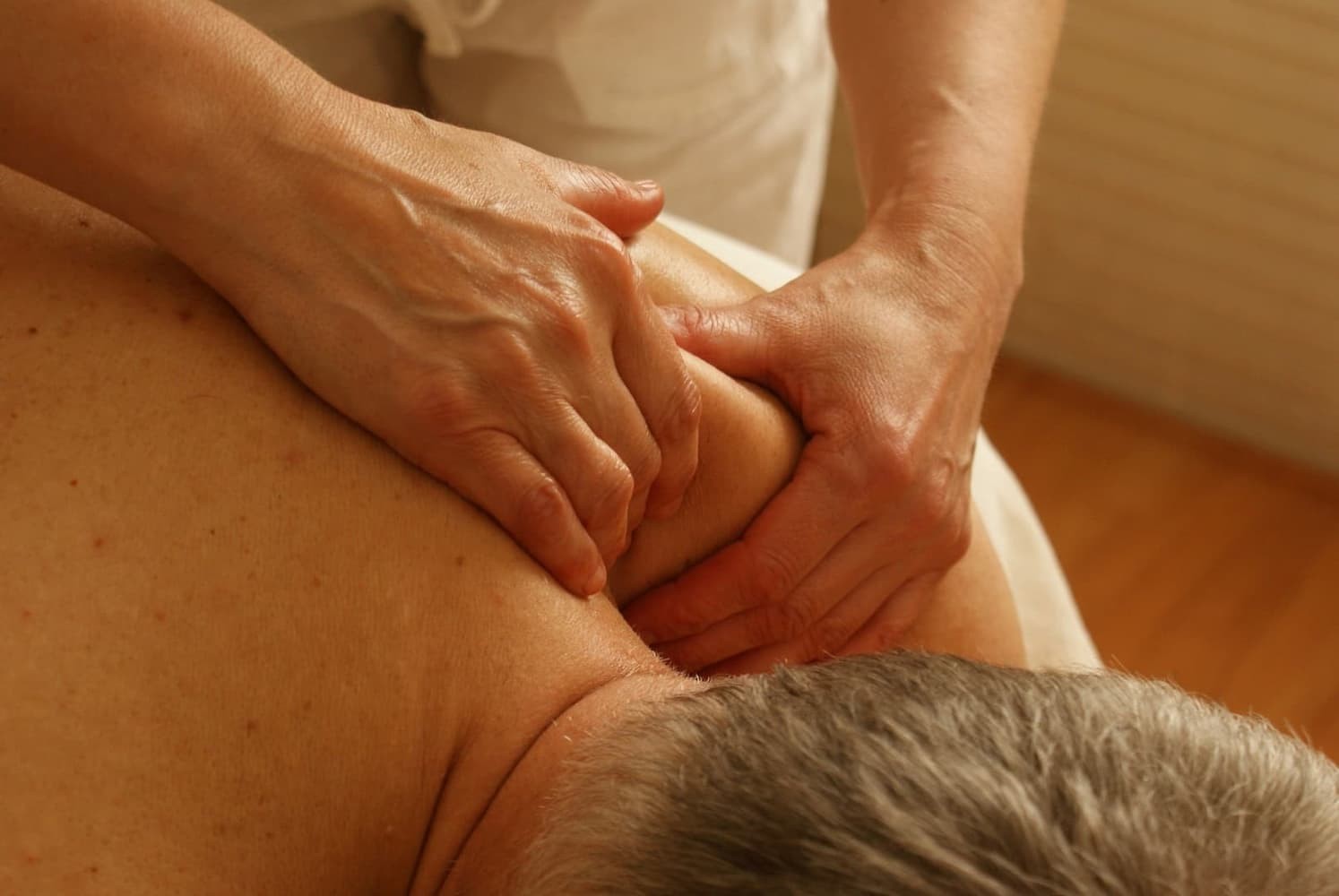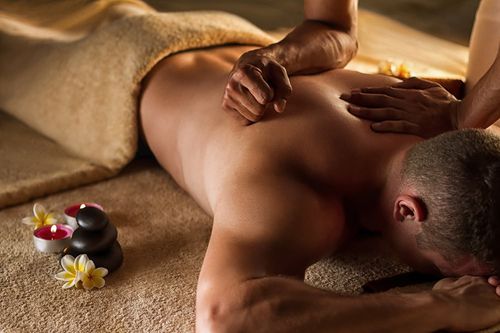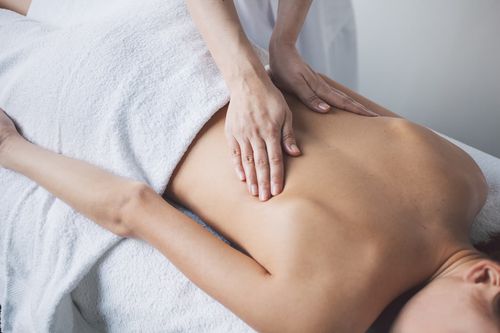What is a deep tissue massage?
Deep tissue massage is a kind of bodywork that relieves deep-seated muscle tension and pain by targeting deeper muscle layers. It uses the same techniques as Swedish massage, but has more pressure. Deep tissue massage can be both relaxing and therapeutic at the same time. It is especially helpful for those suffering from back pain, hip or knee problems and sports injuries. A deep tissue massage therapist uses their hands, fingers, forearms, fists, and a few handheld massage tools to avoid straining their hands.
By becoming a member of one of the following professional peak bodies, deep tissue massage practitioners in Melbourne will be able to find prospective clients or employers as well as benefit loads of other benefits:
- Massage Association of Australia (MAA)
- Association of Massage Therapists (AMT)
- Australian Natural Therapists Association (ANTA)
- Massage & Myotherapy Association (MMA)
Should you study deep tissue massage?
The study of deep tissue massage can prepare you for a rewarding career in the massage industry. You'll get to work with patients suffering from chronic pain due to medical conditions or occupational injuries, as well as helping athletes recover from injuries and reduce the likelihood of injuries in the future. Moreover, training in deep tissue massage will give you the necessary qualities to succeed in the industry, which include:
- Empathy because you will be interacting with many different types of people. You must be able to understand and relate to each patient.
- Strong communication skills so that you can explain to your clients when deep tissue massage is appropriate and how it works.
- Knowledgeable since deep tissue massage can sometimes cause temporary side effects such as pain and soreness in the area treated. You must know how to deal with these problems when they occur.
- Patience and endurance because of the amount of time it may take to successfully treat a client who has complex health issues.
If these qualities ring true with you and match your career goals, continue reading along to find out what courses you can take in Melbourne to become a qualified deep tissue massage therapist.
What are the course and study options for deep tissue massage in Melbourne?
You can obtain a deep tissue massage qualification through various learning paths. You can enrol in a traditional face-to-face course or in a distance learning program. Furthermore, many Melbourne universities offer their students the choice of studying full-time, part-time, or just on weekends or at night.
There are two-day seminars and workshops available to you if you want to try out deep tissue massage first before you decide if it is something you want to pursue.
If you are determined to specialise in deep tissue massage, enrolling in a 6-month certification training program in massage therapy is the minimum requirement for practising deep tissue massage and other massage treatments. The course focusses on anatomy and physiology, as well as client assessment and best practices for running a massage business.
After receiving your certification, you can start practising deep tissue massage professionally or enrol in a diploma in remedial massage to accelerate your career by learning advanced techniques for addressing pain management and injuries.
Find the best deep tissue massage course providers in Melbourne at the top of the page. Learn from high-calibre instructors with many years of industry experience. You may contact your preferred provider for more information regarding their curriculum, tuition fees, instructors and delivery methods.
What happens after you complete your deep tissue massage course?
Deep tissue massage courses lead to many different career opportunities. As a deep tissue massage therapist, you can work in spas, massage clinics, sports clubs, chiropractic clinics and provide relief to those suffering from pain. Because massage therapy is a self-regulated profession in Victoria, practitioners of deep tissue massages in Melbourne are required to follow their organisation's code of ethics and the state's statutory codes, which include:
- Health Records Act 2001
- Health Complaints Act 2016
- Working with Children Act 2005
- Occupational Health and Safety Act 2004
- Code of Conduct for General Health Services
Working as a self-employed therapist is another option for successful graduates. You can manage your own private practice or provide massage treatments on the go. Adding your practice and list of services to the practitioner listing pages of Natural Therapy Pages is a quick way to build your business and gain more customers.
Your qualification should not end your ascent to greatness. Take a course in any of the following areas to enhance your healing arsenal and open up more career options in the process:







